The windswept dunes of Morocco's Sahara have long captivated travelers seeking the magic of golden sunsets and starlit nights. Now, a quiet revolution is unfolding in the desert's luxury camps as proprietors confront an inconvenient truth beneath the romantic veneer of nomadic tourism. The traditional hospitality model, with its disposable amenities and water-intensive practices, has been leaving an indelible mark on these fragile ecosystems.
At the forefront of this transformation is the pioneering Kasbah du Toubkal camp near the Erg Chebbi dunes. What began as a pilot project replacing plastic toiletry bottles with clay vessels has evolved into a comprehensive biodegradable bathroom initiative. "Our guests don't come to the desert to find the same sterile experience as a city hotel," explains manager Amina El Fassi, kneading a lump of olive-pit soap between her fingers. "They want authenticity - and nothing feels more authentic than knowing your shower water will nourish date palms rather than poison the groundwater."
The camp's new bathroom modules represent a marriage of Berber tradition and cutting-edge green technology. Locally crafted sand filters purify greywater through layers of volcanic rock and activated charcoal, while composting toilets infused with desert microbes break down waste within weeks. Even the towels tell a story - woven from cactus fiber by cooperative artisans in the Atlas Mountains, they decompose within months when buried in the dry soil.
Water conservation has driven some of the most ingenious adaptations. Showers now feature foot-pumped mechanisms that limit flow to precisely 12 liters per use, with temperature regulated by solar-heated copper coils. "At first guests complained about the effort," laughs maintenance chief Hassan Idrissi, demonstrating how to operate the system. "Now they compete to see who can get clean using the least water. It's become part of the desert experience."
The shift hasn't been without challenges. Early experiments with camel-milk soap failed when the product spoiled in desert heat, while a promising algae-based shampoo turned bottles into miniature bioreactors. "We learned that sustainability must be practical first," reflects El Fassi, showing the current lineup of products stabilized with rosemary oil and packed in hollowed bamboo stalks. "What works in a Berlin eco-boutique might not survive a sandstorm."
Down the road at the more luxurious Dunes Majesty camp, the environmental upgrades have taken a high-tech turn. Motion-sensing faucets powered by miniature wind turbines and mirrors backed with photovoltaic cells demonstrate that sustainability needn't mean sacrificing comfort. "Our carbon-neutral bidets use 80% less water than conventional models," boasts owner Jacques Renault, a former Parisian architect who traded skyscrapers for tented suites. "The water is filtered through zeolite crystals from the Atlas Mountains - nature's own purification system."
The ripple effects extend beyond environmental benefits. A women's cooperative in Rissani now produces all the camps' bamboo toothbrushes, while a disabled artisans' group crafts shampoo bars wrapped in recycled parchment. "This isn't just about being green," emphasizes cooperative leader Fatima Zahra. "It's about creating livelihoods that keep traditional skills alive in a changing world."
Guest reactions have surprised even the most optimistic camp owners. Where management expected complaints about the absence of fluffy towels and rainfall showers, they've received praise for the thoughtful details. "There's something profoundly satisfying about brushing your teeth with a twig that grew in this very desert," wrote one German blogger, holding up her miswak toothbrush made from salvaged arak branches.
As the summer heat tests the latest innovations - like evaporative coolers that double as humidifiers for dry desert air - other camps are joining the movement. The Moroccan Ministry of Tourism has taken notice, drafting new sustainability guidelines inspired by the desert pioneers. "We're proving that luxury and responsibility can coexist," reflects Renault, watching the sunset paint his solar panels gold. "The desert has always taught survival through adaptation. Now it's teaching us how to thrive."
Behind the scenes, scientists from Marrakech's Cadi Ayyad University monitor the project's ecological impact. Preliminary findings suggest the biodegradable systems have reduced the camps' water consumption by 63% and solid waste by 89%. "The real test will come in five years," cautions hydrologist Dr. Leila Aboud. "But already we're seeing native vegetation returning to areas once damaged by septic overflow."
As night falls over the dunes, the camps' lanterns flicker to life - powered by batteries charged through daytime solar collection. The scene looks unchanged from centuries past, but beneath the surface, a new paradigm for desert hospitality takes root. In this ancient landscape where nomads once traveled lightly on the earth, modern travelers are learning to do the same - one biodegradable toothbrush at a time.

By Emily Johnson/Apr 11, 2025
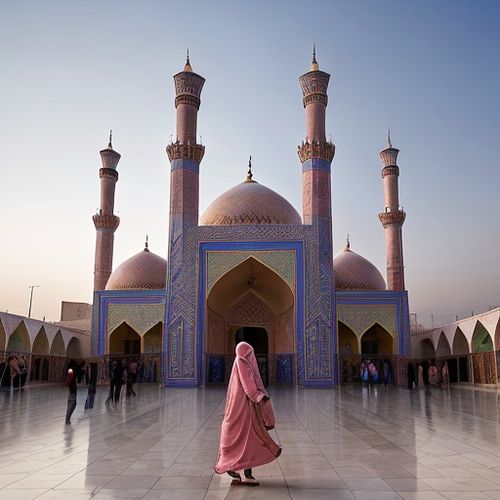
By William Miller/Apr 11, 2025
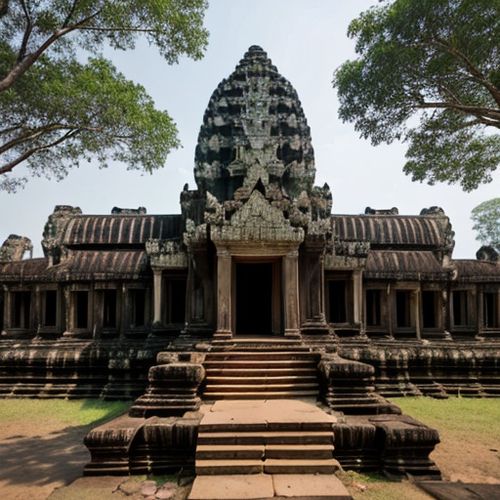
By Benjamin Evans/Apr 11, 2025
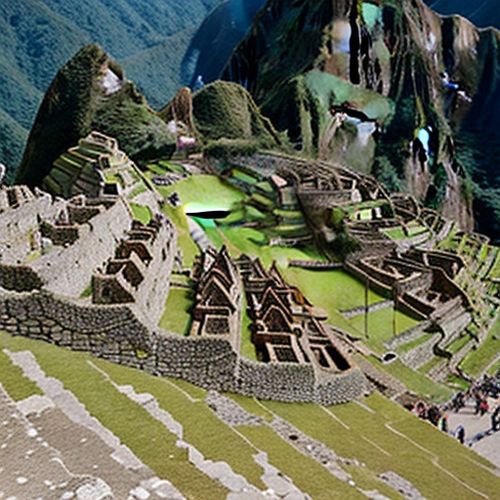
By Grace Cox/Apr 11, 2025
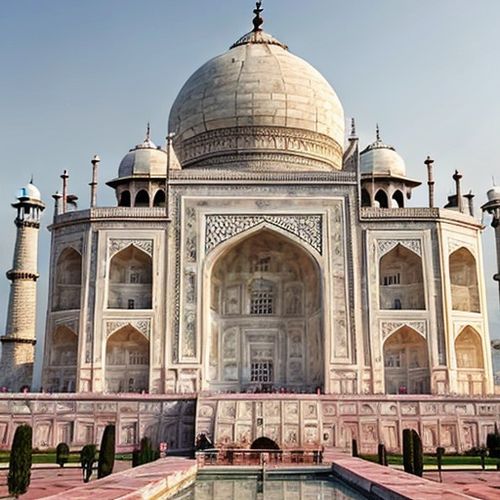
By Amanda Phillips/Apr 11, 2025
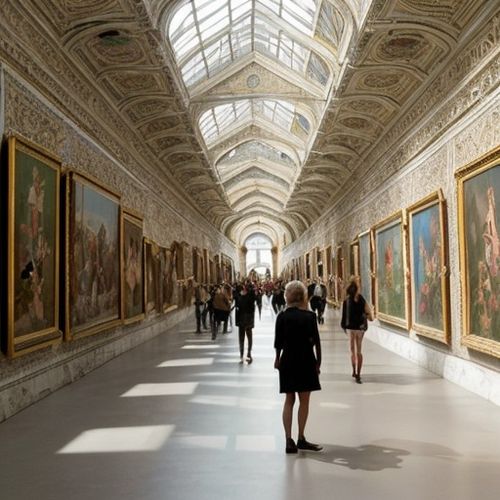
By James Moore/Apr 11, 2025
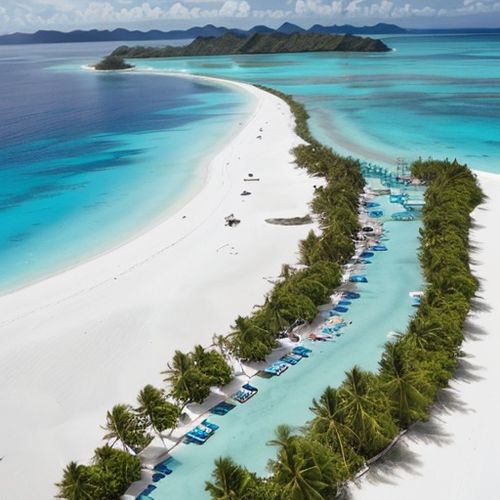
By Natalie Campbell/Apr 11, 2025
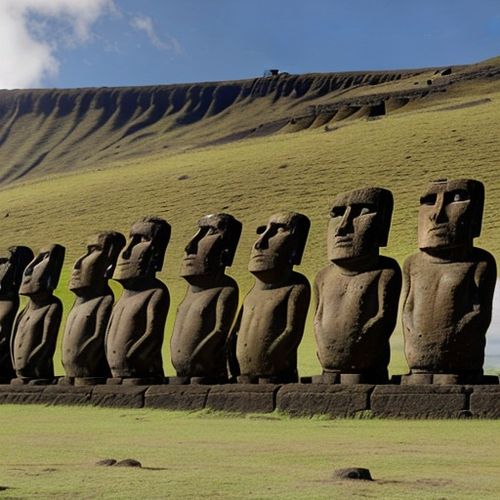
By Eric Ward/Apr 11, 2025
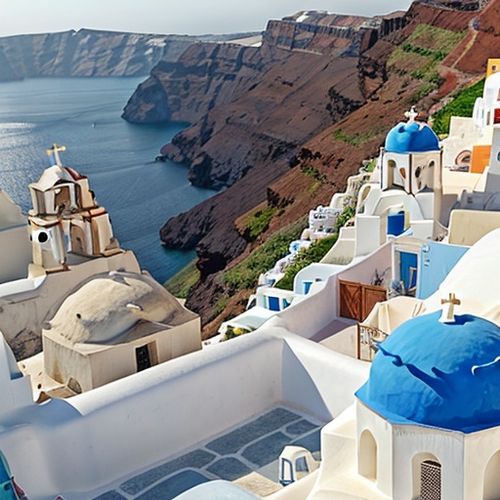
By James Moore/Apr 11, 2025

By Emily Johnson/Apr 11, 2025

By Christopher Harris/Apr 11, 2025
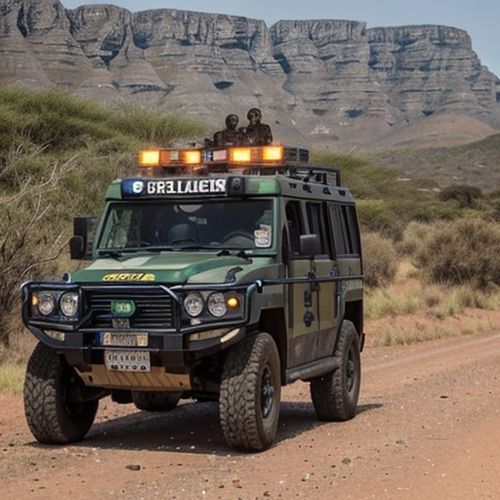
By Michael Brown/Apr 11, 2025
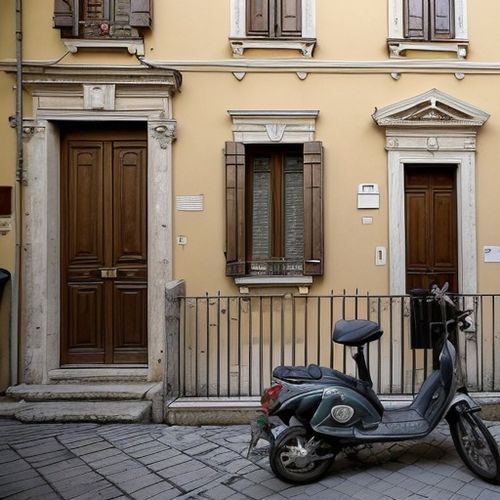
By Rebecca Stewart/Apr 11, 2025
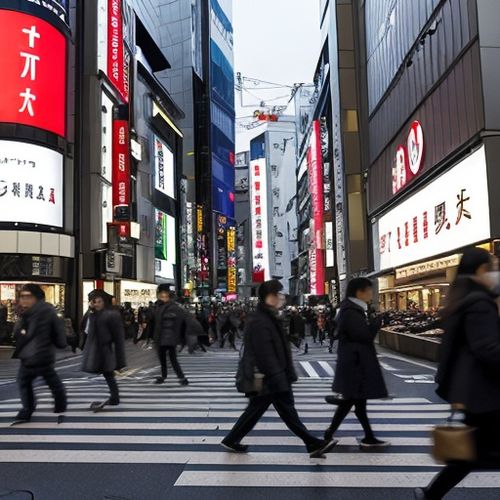
By John Smith/Apr 11, 2025

By Natalie Campbell/Apr 11, 2025
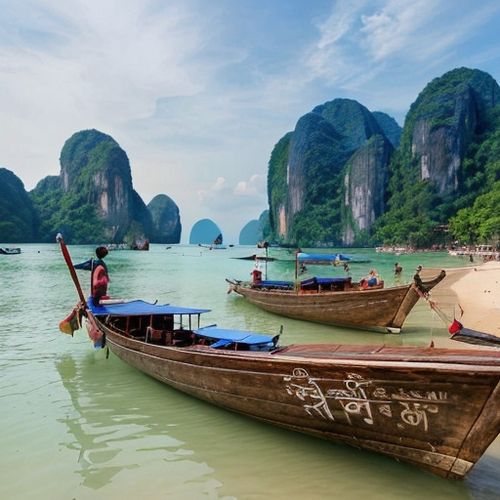
By Emily Johnson/Apr 11, 2025
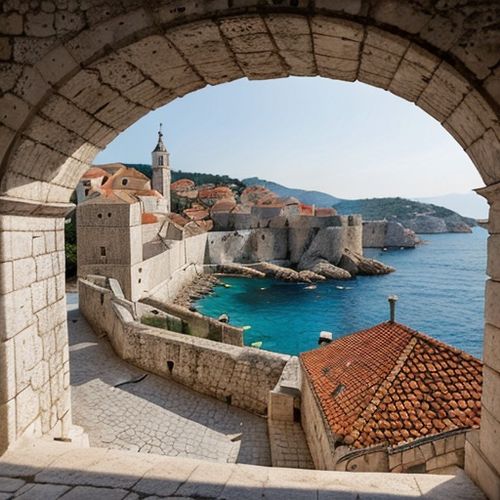
By John Smith/Apr 11, 2025
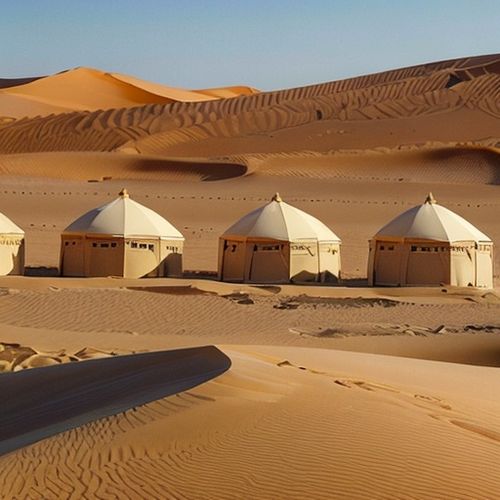
By Michael Brown/Apr 11, 2025
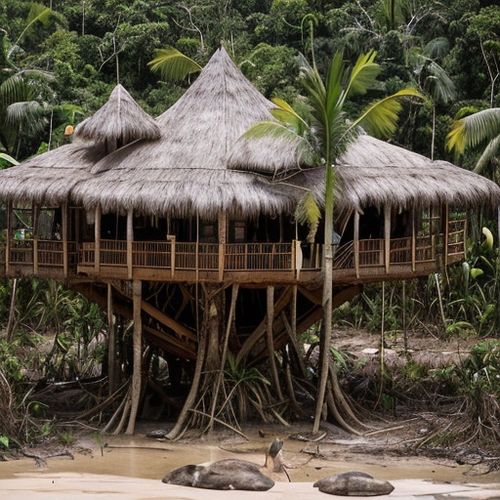
By Amanda Phillips/Apr 11, 2025

By Joshua Howard/Apr 11, 2025